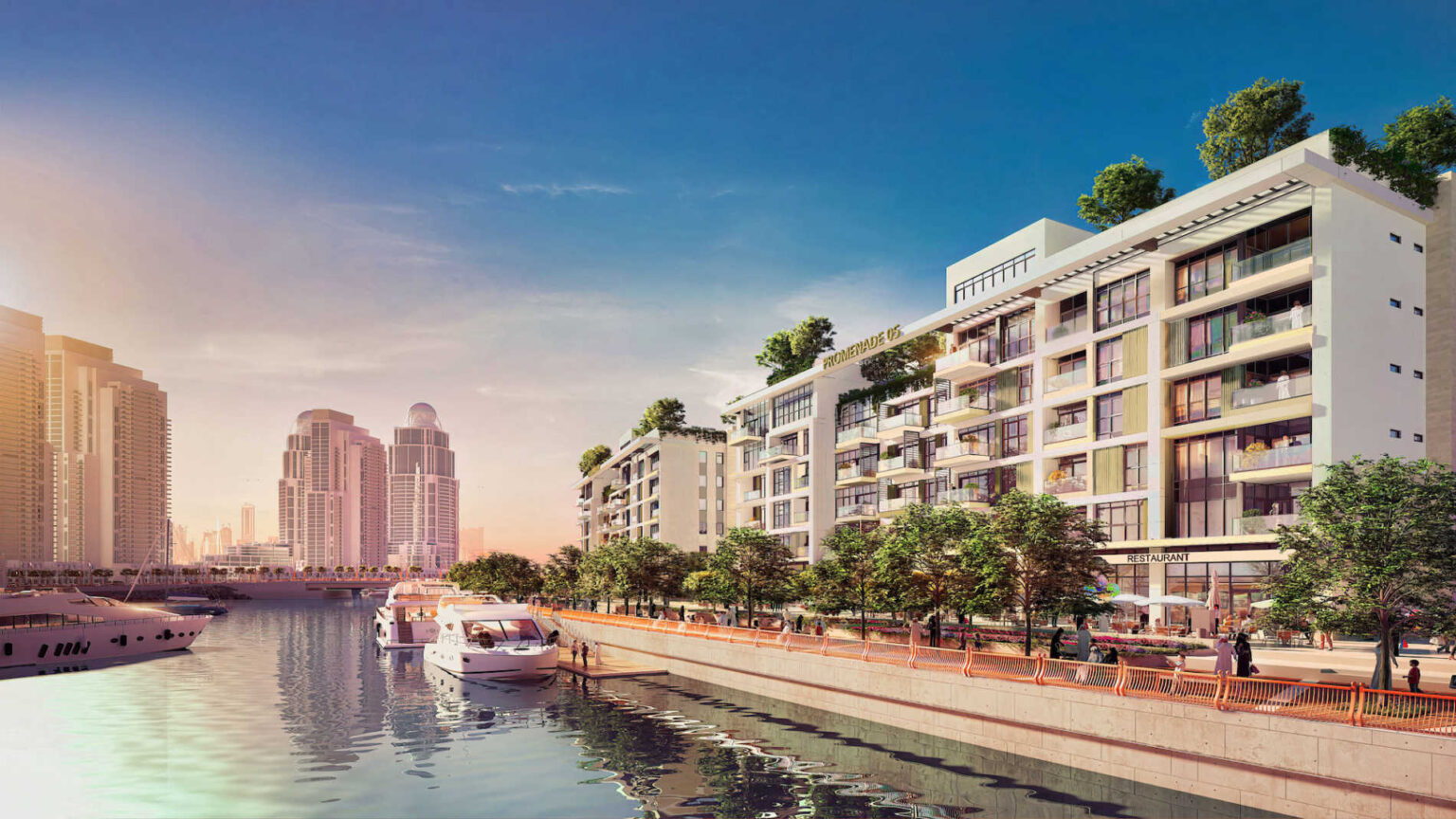Doha, Qatar — As 2024 unfolds, Qatar’s real estate market is capturing global attention with its dynamic growth and promising investment opportunities. Driven by the momentum of Vision 2030 and bolstered by infrastructure developments from the 2022 FIFA World Cup, the sector is becoming a magnet for both local and international investors. This resurgence is underpinned by strategic government initiatives, emerging trends in urban development, and an expanding expatriate population.
A Booming Sector: Key Investment Highlights
The real estate market in Qatar is poised for significant expansion. Recent statistics reveal a 30% rise in the number of transactions and a 42% growth in the value of real estate deals, showcasing a vibrant and upward trajectory. Doha, as the capital city, remains the centerpiece of this growth, offering lucrative opportunities in both residential and commercial sectors.
In Lusail, a master-planned city that epitomizes Qatar’s futuristic vision, demand for high-specification apartments is surging. Fox Hills and Erkyah City are witnessing substantial interest due to their affordability and modern amenities. Rental rates for one-bedroom apartments range from QAR 5,000 to QAR 6,500 per month, making them an attractive option for expatriates and young professionals.
Favorable Policies for Investors
Qatar has implemented investor-friendly policies that make it an attractive destination for real estate ventures. The introduction of the Real Estate Regulatory Authority and updates to mortgage lending regulations have streamlined processes and boosted transparency. Additionally, tax incentives and the availability of permanent residency for high-tier investors have added significant appeal.
For foreign investors, select zones in Doha, Lusail, and The Pearl offer freehold ownership rights, allowing them to tap into the thriving market. With infrastructure investments exceeding $250 billion, including smart cities like Lusail, Qatar ensures a robust foundation for future growth.
Emerging Trends: Sustainability and Technology
Qatar’s real estate market is increasingly shaped by technological advancements and sustainability goals. Smart homes, integrated with advanced technologies, are gaining popularity among buyers. Simultaneously, the push for green buildings aligns with the country’s commitment to environmental sustainability under Vision 2030.
In Doha, the rise of mixed-use developments is another significant trend. These projects combine residential, retail, and office spaces, creating vibrant communities that cater to the evolving needs of residents. The Pearl and Msheireb Downtown Doha exemplify this model, blending luxury with functionality.
Challenges and Opportunities Ahead
While the market shows strong promise, challenges such as oversupply in certain segments and fluctuating rental yields persist. However, these are offset by high occupancy rates in premium properties and the rising influx of expatriates. The demand for high-quality, affordable housing remains robust, presenting opportunities for developers to fill gaps in the market.
The government’s focus on digital platforms for property transactions, including the MME’s online property portal, is also enhancing market transparency, enabling investors to make informed decisions. With an estimated 6.2% annual growth in housing supply over the last decade, the market is expected to balance demand and supply effectively in the years ahead.
Why Now is the Right Time to Invest
For investors seeking to diversify their portfolios, Qatar offers a unique combination of economic stability, infrastructure readiness, and a favorable regulatory environment. Whether it’s luxurious villas in The Pearl or high-yield commercial properties in Lusail, the choices are vast and promising.
As Qatar continues to position itself as a global hub for business and tourism, its real estate sector is set to be a cornerstone of its economic transformation. The year 2024, with its favorable policies and strong market indicators, marks a prime time to explore opportunities in this thriving market.
Qatar’s economic diversification under its Vision 2030 has positioned the real estate sector as a key driver of national growth. Post-World Cup infrastructure investments, such as road networks, metro systems, and iconic developments like Lusail City, have significantly enhanced connectivity and urban appeal.
sources Qatar Real Estate Agents,25spaces,Cushman & Wakefield.
https://gulfmagazine.co/uaes-financial-sector-is-powering-economic-growth/



